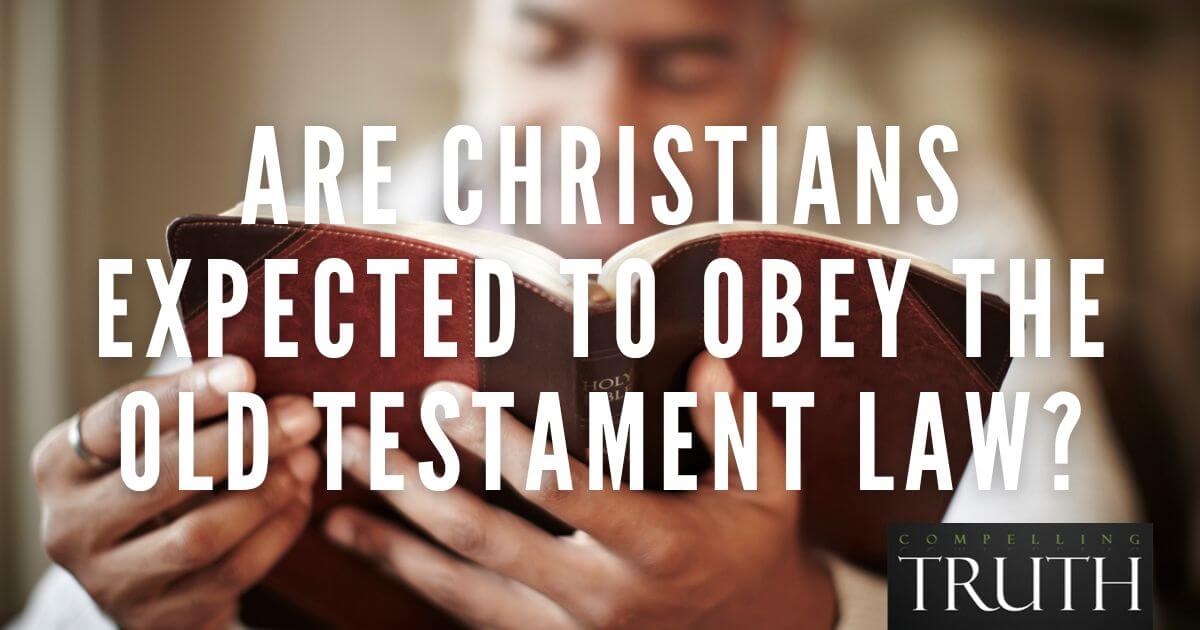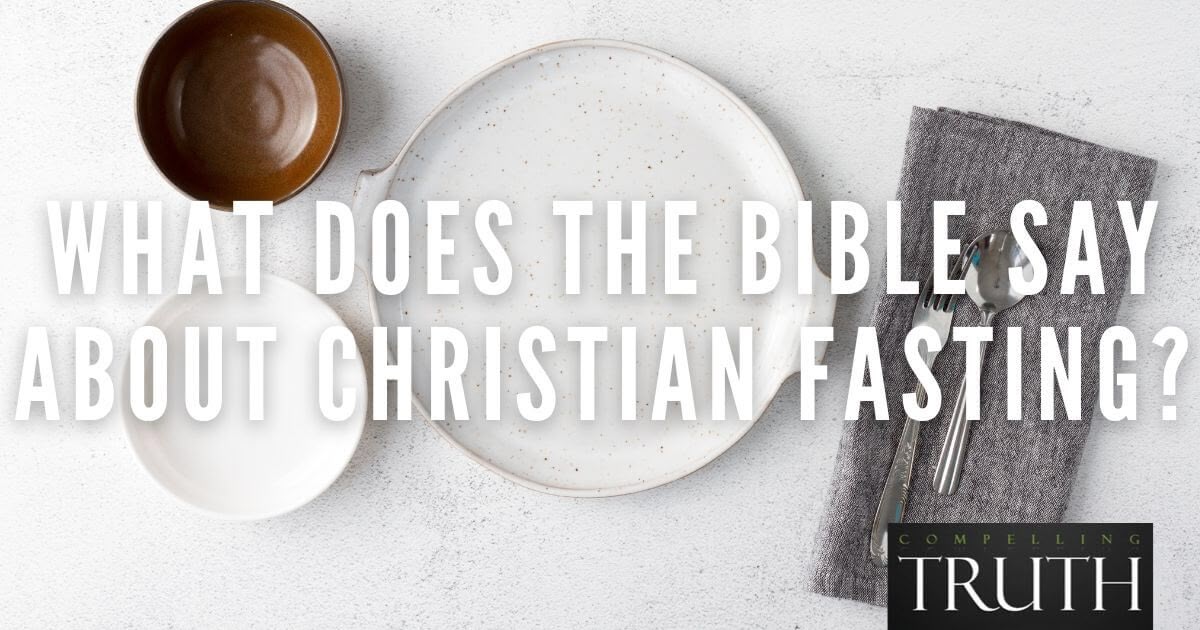what does the bible say?
The Bible does not impose strict dietary restrictions on Christians. In Acts 10:9–16, Peter's vision signifies the lifting of the Jewish dietary laws, indicating that all foods are permissible for believers. While the early church encouraged Gentiles to abstain from certain practices, such as eating meat sacrificed to idols (Acts 21:25), these guidelines were more about demonstrating faith than enforcing dietary laws. Therefore, Christians are free to eat a variety of foods, as long as their choices honor God. Ultimately, decisions about what to eat should be made with prayerful consideration and personal conviction.




